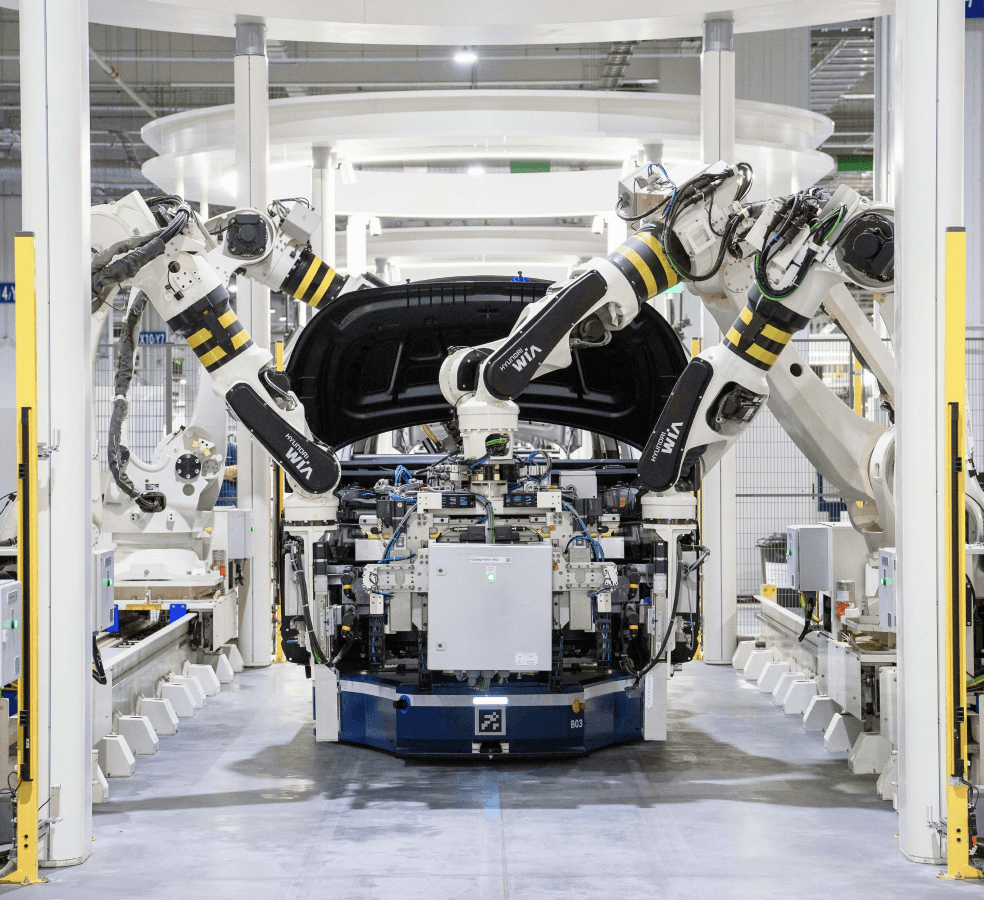In an era where artificial intelligence (AI) not only mimics but often surpasses human capabilities in tasks ranging from medical diagnosis to artistic creation, one pivotal lecture at MIT has cast a new light on the path forward. Presented by Alexander Amini, the "Introduction to Deep Learning" session at MIT peeled back the layers of deep learning, a subset of AI that is both a cornerstone and a cutting edge of technological advancements. As Amini dove into the intricacies of neural networks and the challenges of teaching machines to learn, he not only demystified complex concepts but also charted a course for the future of AI.
The lecture stood as a beacon, illuminating the depths and potentials of deep learning. Amini skillfully navigated through the foundational pillars of deep learning, detailing the mechanisms that enable machines to identify patterns and make decisions with astonishing accuracy. "The beauty of deep learning lies in its simplicity," Amini explained. "A neural network, at its core, is an echo of our own biological networks, yet its potential to revolutionize industries is boundless."
But as with all explorations into unknown territories, challenges loom large. Amini didn't shy away from addressing the hurdles inherent in deep learning— from the computational demands of training increasingly complex models to the ethical considerations of AI decision-making. The lecture provided a candid look at the current limitations and the innovative solutions emerging to tackle them, such as novel optimization techniques and strategies to prevent the overfitting of models.
Imaginary insights from leading figures in the field, such as Geoffrey Hinton, often referred to as the "godfather of deep learning," underscore the significance of these advancements. "We're at a juncture where our understanding of neural networks could lead to breakthroughs in solving problems previously deemed insurmountable," Hinton could have remarked. "The challenges of today are but stepping stones to the AI of tomorrow."
The implications of Amini's lecture stretch far and wide, impacting not only the field of technology but society at large. As deep learning models become more accurate and efficient, they promise to enhance everything from healthcare, with more precise diagnostic tools, to environmental protection, through better prediction models for climate change. However, these advancements come with a caveat—the need for rigorous ethical guidelines to ensure that AI serves the betterment of humanity without unintended consequences.
Looking ahead, the journey of deep learning is far from over. The next frontier, as hinted at in the lecture, involves exploring the realms of transformer architecture and attention mechanisms, which have the potential to further refine the capabilities of AI. "The road ahead is fraught with challenges," Amini could have mused in a reflective moment, "but it's those very challenges that drive innovation."
In conclusion, as we stand on the brink of what could be the next great leap in AI, the insights from MIT's lecture serve as a guidepost. The exploration of deep learning is not just an academic endeavor but a quest to unlock new potentials that could reshape our world. The ultimate question, "Where do we go from here?" is not just a query but a call to action for researchers, ethicists, and society at large to navigate the future of AI with wisdom, responsibility, and boundless curiosity.
Intriguing Statistics and Facts:
• Deep Learning Market Growth: The global deep learning market size was valued at approximately $8.56 billion in 2021 and is expected to reach around $93.34 billion by 2028, growing at a compound annual growth rate (CAGR) of 39.2% during the forecast period (Source: Vantage Market Research, 2022).
• AI's Impact on Employment: According to a report by the World Economic Forum, AI and automation are set to create 58 million new jobs by 2022, despite causing significant disruption in existing job markets.
• Advancements in Health Care: Deep learning algorithms have achieved up to 99% accuracy in detecting breast cancer in lymph node biopsies, a significant improvement over the 38% accuracy rate of pathologists' diagnoses without assistance (Source: JAMA, 2017).
• Energy Efficiency in AI: Google used deep learning to reduce the amount of energy used for cooling their data centers by 40%, showcasing the potential for AI to contribute to more sustainable energy management (Source: DeepMind, 2016).
• AI in Creative Fields: In 2018, a portrait generated by a deep learning algorithm was auctioned at Christie’s for $432,500, marking the first time a piece of AI-generated art was sold at a major auction house.
• Public Perception of AI: A survey conducted by Pew Research Center found that 72% of Americans express worry rather than enthusiasm about a future where robots and computers are capable of performing many human jobs.








